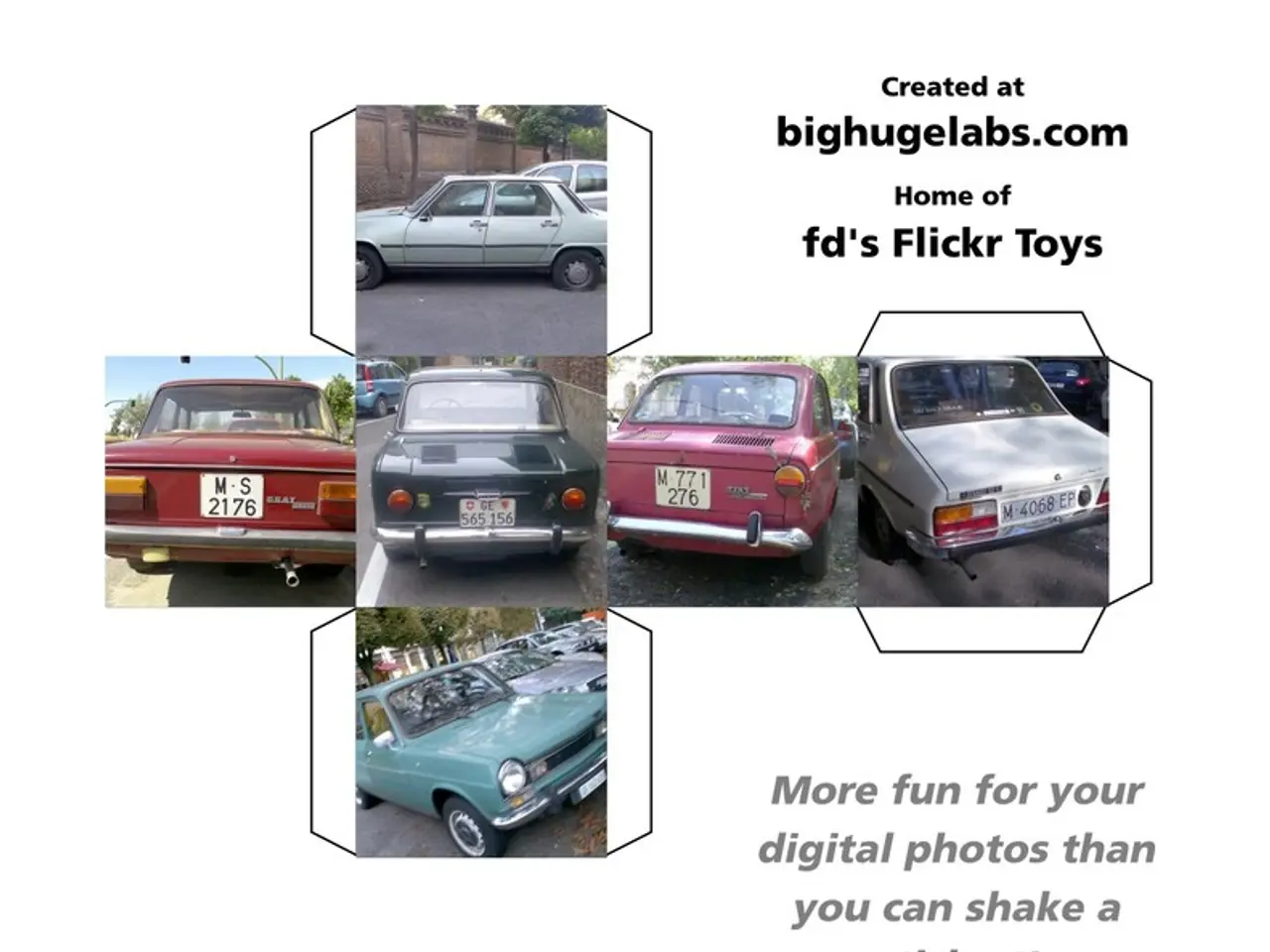Electric Trucks Top Total Cost of Ownership Efficiency, According to ICCT Study
In a groundbreaking report, the Editorial Board EVBoosters has shed light on Europe's heavy-duty vehicle sector and its transition towards a greener future. The study, commissioned by the European Union (EU) through its executive body, the European Commission, focuses on the economic performance of various truck technologies and fuels in this transition.
Heavy-duty vehicles, major contributors to CO2 emissions, are under the spotlight. The report underscores the need for infrastructure development, particularly for the proliferation of battery electric and hydrogen fuel-cell trucks.
The detailed assessment of Total Cost of Ownership (TCO) for various truck classes, equipped with different powertrains and fuels, is a key aspect of the study. The report evaluates various alternative technologies for heavy-duty vehicles, including battery electric, hydrogen fuel-cell trucks, hydrogen internal combustion engine trucks, trucks powered by synthetic diesel (e-diesel), low-GHG biofuels like hydrotreated vegetable oil (HVO), and bio-compressed natural gas (bio-CNG).
The report emphasises the importance of research and development in advancing these technologies to ensure they are not only environmentally friendly but also economically competitive. It suggests that stringent EU CO2 standards are key in influencing investment decisions within the heavy-duty vehicle industry.
The transition from traditional diesel-powered heavy-duty vehicles to battery electric trucks marks a pivotal move. By 2030, battery electric trucks are expected to be the most cost-effective solution for decarbonisation in the heavy-duty vehicle sector. However, hydrogen fuel-cell trucks are anticipated to reach TCO parity with diesel trucks by the mid-2030s.
While trucks running on alternative fuels such as HVO, e-diesel, and bio-CNG, along with hydrogen combustion engine trucks, are not expected to compete economically with zero-emission and diesel vehicles before 2040, supportive policy frameworks, including incentives and infrastructure development, are crucial in steering the heavy-duty vehicle industry towards sustainable practices, particularly for battery electric and hydrogen fuel-cell trucks.
The report does not foresee a shift in the heavy-duty vehicle sector towards hydrogen fuel-cell trucks before they gain economic viability in the mid-2030s. Instead, it suggests a significant shift towards zero-emission vehicles by 2030, with battery electric trucks leading the charge.
In conclusion, the report underscores the importance of embracing green technologies in Europe's heavy-duty vehicle sector. With supportive policies and continued advancements in technology, the shift towards a greener future is not only possible but imminent.
Read also:
- The Commission deems the assistance program to be in agreement with the domestic market regulations.
- Innovative Garments and Accessories Producing Energy: Exploring Unconventional Sources for Renewable Power
- Technip Energies Secures Feed Contract for the Large-Scale, Low-Carbon Hydrogen Project at ExxonMobil's Baytown, Texas Complex
- Irish and German governments will collaborate with ESB on a groundbreaking green hydrogen study.








